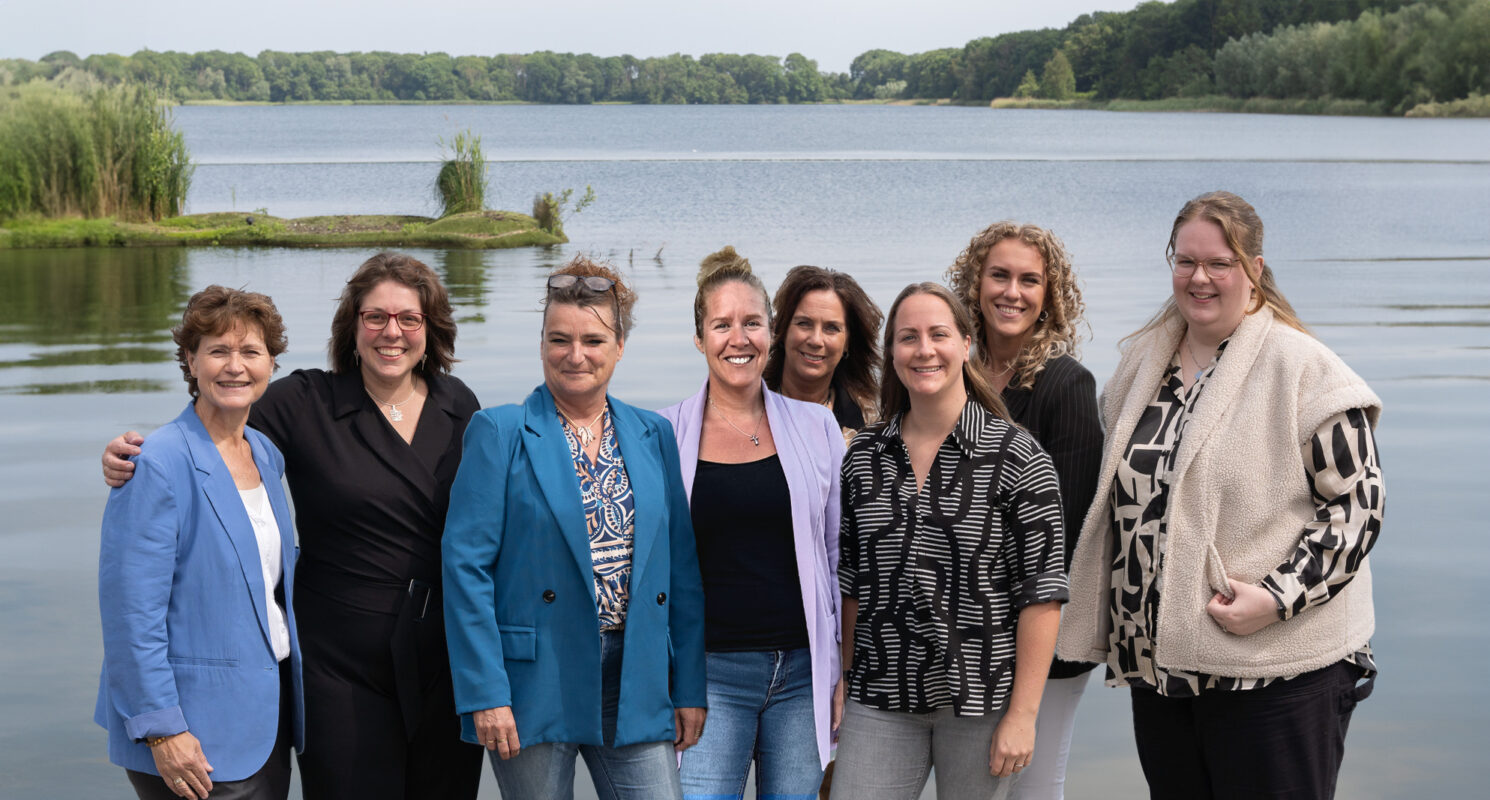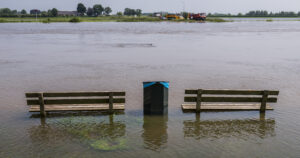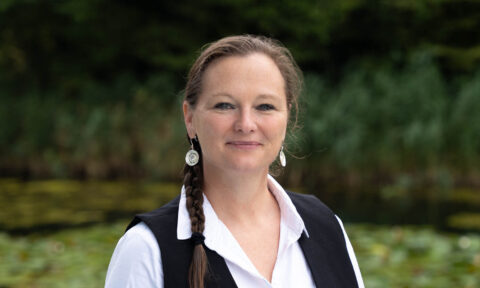You can reach World Water Academy by telephone: +31 030 606 94 00 or e-mail: info@worldwateracademy.nl.
Climate Adaption in Urban Areas
Learning targets
For many people, nice weather brings a lot of joy—until heavy downpours, mudslides, and prolonged heat in urban areas spoil the fun. The recurring damage caused by climate change calls for action from governments, businesses, and individuals. How can you contribute to making urban areas climate-resilient?
In our course “Climate Adaptation in Urban Areas”, you’ll learn how to make the right choices for climate-adaptive measures, for example, by using a stress test. You will work on the design, implementation, management, and monitoring of these measures. You’ll visit sites where creative solutions have been applied, gaining inspiration for your own situation. You’ll also learn how to seize or promote opportunities for a climate-resilient city by engaging with citizens, regions, and other stakeholders.
After completing the course “Climate Adaptation in Urban Areas” course, you will be well-equipped to help your city become resilient against unpredictable weather.
The following topics will be covered:
- spatial adaptation, stress testing, and climate scanning
- managing rainwater: quantities, pollution levels, effects on emissions, water levels, sewage treatment plants, costs and benefits
- collection and transport of stormwater: infiltration, discharge into surface water, rainwater treatment
- relationship between heat stress and water management, sponge effect in the city, practical tools for identifying heat stress areas and solutions
- installation, (strategic) management, and monitoring of stormwater systems: sizing of treatment facilities (including sedimentation facilities), overflow facilities, management approaches, case studies, and monitoring results
- involving residents in climate-adaptive measures
After completing this course, you will have the following knowledge and skills:
- making the urban environment climate-proof
- creating plans to reduce vulnerability
- applying new ideas in your work environment
Program
Spatial Adaptation
- introduction to spatial adaptation
- stress testing
- climate scanning
- physical measures for water nuisance
- calculating water nuisance
Heat Stress and Residents
- managing heat stress
- sponge effect in the city
- involving residents
- project examples
Rainwater Facilities
- facilities
- water quality
- field visit
Management
- management of infiltration/water facilities
- strategic management
- field visit
Personal Contribution
At World Water Academy, it’s all about bridging the gap from knowledge to practice. Therefore, we expect every participant to bring their own work experience to the course. What challenges are you facing? And what experiences can you share so others can learn from them?
Target group
The course Climate Adaptation in Urban Areas is designed for anyone working in urban environments on solutions to address heat, drought, and flooding issues. If you want to gain inspiration from all possible measures, sign up for this course.
Feel free to ask us about our products and courses


